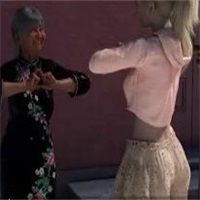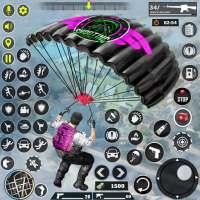Japan PM Comments on Assassin’s Creed Shadows: The Truth Revealed
During an official government conference, Prime Minister Shigeru Ishiba of Japan addressed concerns raised about Ubisoft's game, Assassin’s Creed Shadows, set in Feudal Japan. Amid reports suggesting a strong rebuke from the Prime Minister, the reality is less contentious. IGN, in collaboration with IGN Japan, provided an accurate translation and context of the discussion, and has reached out to Ubisoft for their perspective.
In the lead-up to the much-delayed launch of Assassin’s Creed Shadows, Ubisoft has issued multiple apologies over aspects of the game and its marketing that have upset some members of the Japanese community. The game, intended as historical fiction rather than a factual representation, has faced criticism for inaccuracies in its depiction of Feudal Japan. Ubisoft emphasized their collaboration with historians and consultants, yet acknowledged that certain promotional elements have caused concern, leading to a sincere apology.
Further controversy arose when Ubisoft used a flag from a Japanese historical re-enactment group in the game's artwork without permission, prompting another apology. Additionally, collectible figure maker PureArts withdrew an Assassin’s Creed Shadows statue from sale due to its use of a one-legged Torii gate, which was deemed offensive by some. Torii gates, symbolic of the boundary between the human and sacred realms, hold deep cultural significance in Japan, and the one-legged gate at Sannō Shrine in Nagasaki carries historical importance due to its proximity to the atomic bomb's hypocenter during World War II.
Amid these issues, Assassin’s Creed Shadows faces controversy not only in Japan but also among some Western fans concerned about the depiction of the country. The question regarding the game was posed by Japanese politician Hiroyuki Kada, a member of the House of Councillors, who expressed concerns about the potential real-world impact of in-game actions:
“I fear that allowing players to attack and destroy real-world locations in the game without permission could encourage similar behavior in real life. Shrine officials and local residents are also worried about this. Of course, freedom of expression must be respected, but acts that demean local cultures should be avoided.”
Prime Minister Ishiba responded thoughtfully:
“How to address this legally is something we need to discuss with the Ministry of Economy, Trade, and Industry, the Ministry of Education, Culture, Sports, Science, and Technology, and the Ministry of Foreign Affairs. Defacing a shrine is out of the question - it is an insult to the nation itself. When the Self-Defense Forces were deployed to Samawah, Iraq, we ensured they studied Islamic customs beforehand. Respecting the culture and religion of a country is fundamental, and we must make it clear that we will not simply accept acts that disregard them.”
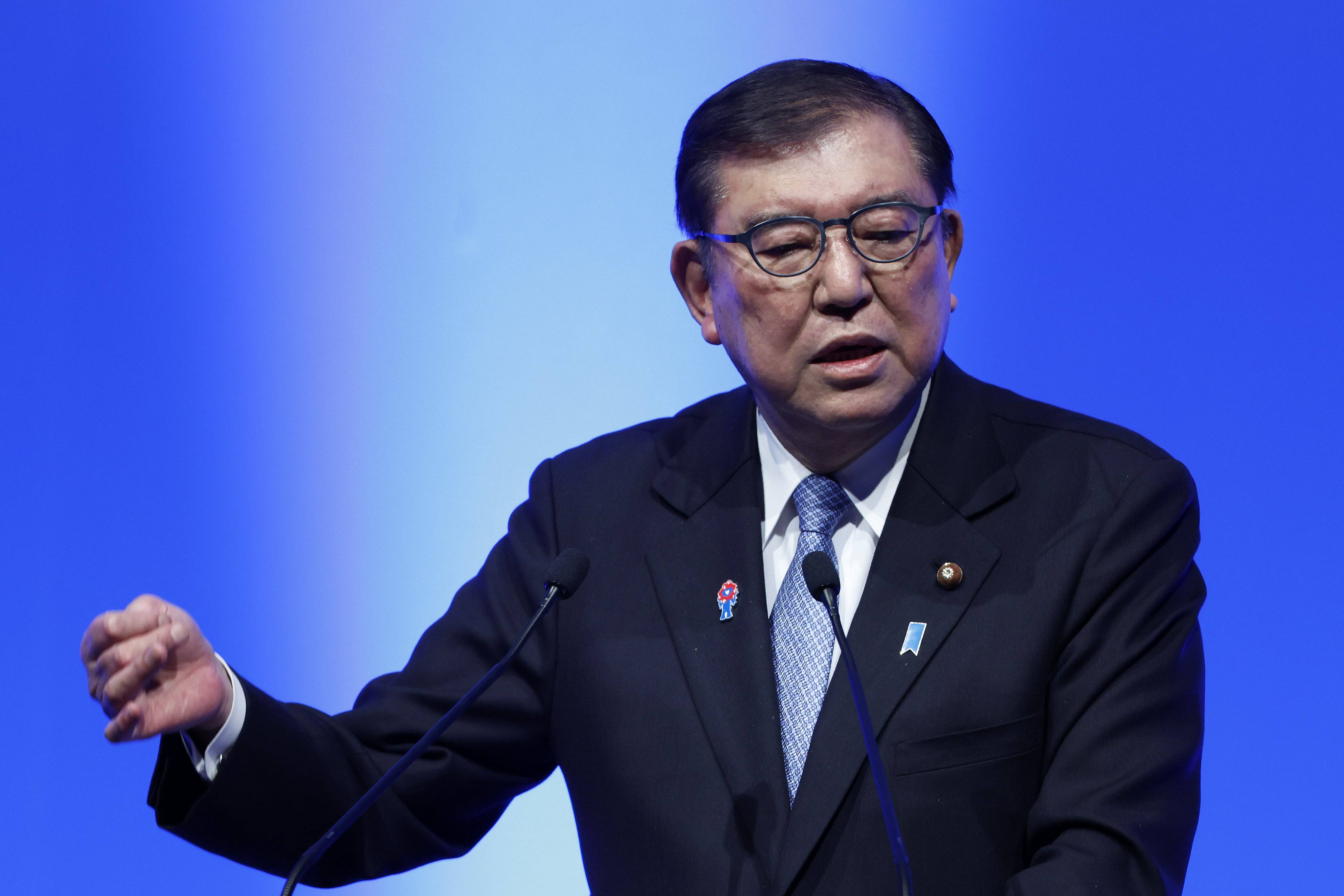
The context of this exchange, as explained by IGN Japan, is rooted in Japan's recent surge in overseas visitors following the country's border reopening and the weakened yen. Politician Hiroyuki Kada linked his concerns about Assassin’s Creed Shadows to the issue of "over tourism" and the perceived increase in vandalism and graffiti. His worry is that in-game actions, such as defacing a temple or using a katana against individuals, might inspire similar real-world behavior among tourists.
Prime Minister Ishiba's response focused on potential real-life copycat actions rather than critiquing the game itself. The shrine depicted in the game, Itatehyozu Shrine in Himeji, Hyogo Prefecture, falls within Kada’s constituency, and he mentioned that Ubisoft did not seek permission to use the shrine's image and name in the game.
Vice Minister of Economy, Trade and Industry Masaki Ogushi suggested that government agencies would coordinate if the shrine sought consultation. However, the likelihood of any specific action remains low, especially since Ubisoft has proactively addressed these concerns with a day-one patch. This patch, set to release with the game on March 20, will make certain shrine elements indestructible and reduce unnecessary depictions of violence in sacred spaces. IGN has inquired about this patch and its potential exclusivity to the Japanese market.
The success of Assassin’s Creed Shadows is crucial for Ubisoft, following delays and the commercial failure of last year’s Star Wars Outlaws. The company has faced numerous challenges, including high-profile flops, layoffs, studio closures, and game cancellations. IGN’s review of Assassin’s Creed Shadows awarded it an 8/10, praising it for refining the open-world experience Ubisoft has been developing over the past decade.
- 1 Pokémon GO Set To Roll Out Safari Ball In The Wild Area Event 2024 Nov 10,2024
- 2 Marvel's Spider-Man 2 Swings to PC in January 2025 May 26,2023
- 3 Tomorrow: MMO Nuclear Quest Is a New Sandbox Survival RPG Nov 15,2024
- 4 Black Myth: Wukong Review Fallout Nov 13,2024
- 5 Final Fantasy XVI PC Port Falls Short Nov 14,2024
- 6 GTA 6 Raises The Bar and Delivers on Realism Beyond Expectations Nov 10,2024
- 7 Roblox Ban in Turkey: Details and Reasons Mar 10,2024
- 8 Dragonite Cross-Stitch Captivates Pokémon Enthusiasts Nov 08,2024
-
Best Racing Games to Play Now
A total of 10
-
Explore the World of Shooting Games
A total of 10
-
Best Free Simulation Games for Your Android Phone
A total of 4











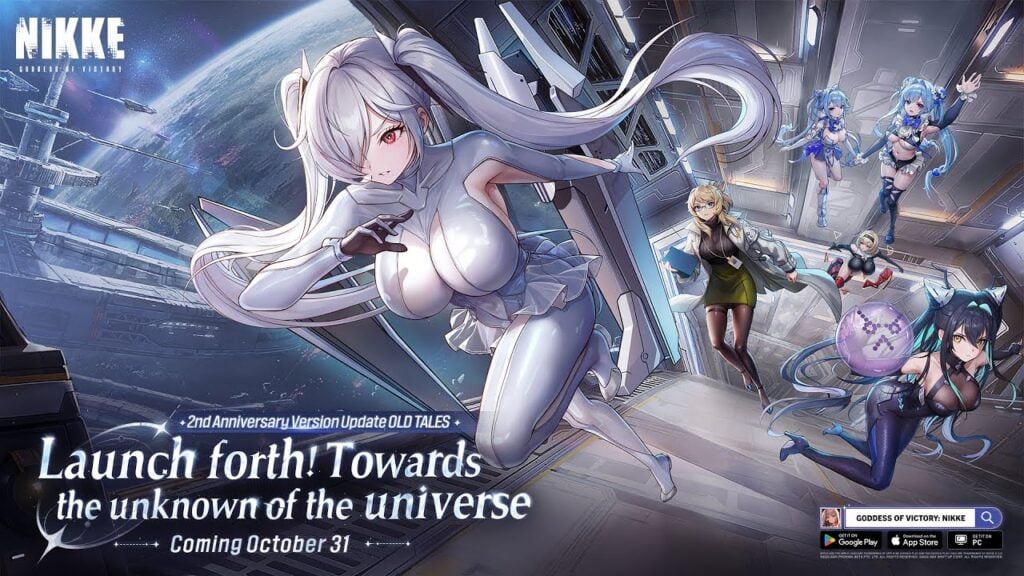

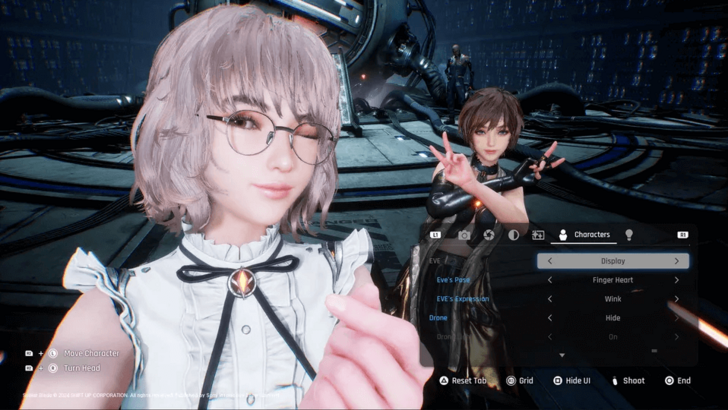
![Business of Loving [v0.12.5i] [Dead End Draws]](https://imgs.96xs.com/uploads/18/1719555107667e5423ef803.jpg)
